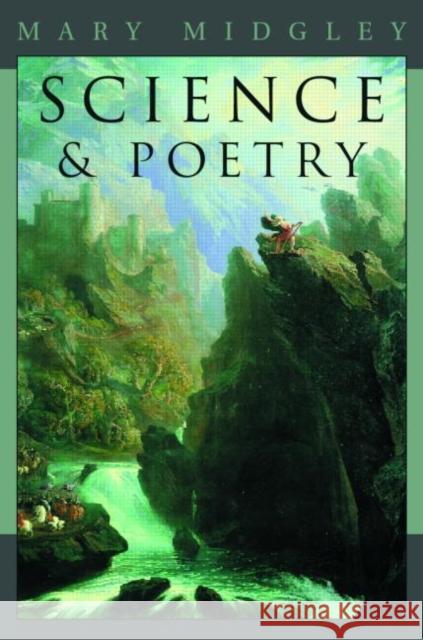Science and Poetry » książka
Science and Poetry
ISBN-13: 9780415237321 / Angielski / Twarda / 2000 / 240 str.
Science and Poetry
ISBN-13: 9780415237321 / Angielski / Twarda / 2000 / 240 str.
(netto: 696,83 VAT: 5%)
Najniższa cena z 30 dni: 654,86
ok. 16-18 dni roboczych.
Darmowa dostawa!
This work is an investigation of why and how science has so powerfully shaped the way we understand ourselves, our behaviour towards others and our place in the world. Moral philosopher Mary Midgely shows how the roots of the problem lie in the fragmented, atom-like picture of ourselves we inherited from the 17th century. Breaking the world up into small parts and observing them in isolation may work in science, but she clearly spells out how this kind of approach can be disastrous when turned towards understanding ourselves, our interaction with the environment and our interaction with other people. Drawing on examples from the Gaia hypothesis to the recent debate over memes, Mary Midgely spells out the unfortunate legacy of this situation: misguided attempts to reduce mind to body, political and moral individualism, and a needless backlash against science. With its forceful argument that the arts and poetry can help us reconcile some of these problems.











